Biden voices his readiness to resume nuclear talks with Iran
US President Joe Biden has announced his willingness to rejoin the 2015 nuclear deal with Iran and resolve the issue with the Islamic Republic over its peaceful nuclear program.
Biden, who was addressing diplomats from across the globe on Tuesday at his first speech at the UN General Assembly since taking office, voiced his intention to rejoin the landmark nuclear deal known as the Joint Comprehensive Plan of Action (JCPOA) in "full" if Tehran does the same.
He said the US was "working" with China, France, Russia, Britain and Germany to "engage Iran diplomatically and to seek a return to" the JCPOA.
"We're prepared to return to full compliance if Iran does the same," he said.
The world powers held six rounds of indirect talks between the United States and Iran in Vienna to mend the nuclear deal which was broken in 2018 by former US President Donald Trump.
Elsewhere in his remarks, Biden detailed his plan to take the helm as the United States led the international community into a new era focused on diplomacy rather than the American military power as Washington competed with other countries, China in particular.
Biden did not directly mention China as America's adversary but sprinkled implicit references to Beijing throughout his speech.
He said US foreign policy was planned on a new era of vigorous competition, minus the cold war.
Biden emphasized that his administration was committed to strengthening diplomacy with its global allies and partners to work towards a “collective future”, leading them in their efforts to curb China's expansion.
The US president pointed out that 2021 to 2031 was a "decisive decade for our world" that will determine the fate of humanity.
In addition, Biden cited global warming, the COVID crisis and technological advancements as major issues that will determine the future of the globe.
"The extreme weather events that we have seen in every part of the world, and you all know it and feel it, represent what the secretary general has rightly called 'code red' for humanity. And the scientists and experts are telling us that we're fast approaching a point of no return in the literal sense," Biden said.
Biden warned that the world was swiftly passing an "inflection point in history," claiming the way the global community responded to pressing challenges like the climate crisis and the COVID-19 pandemic will "reverberate for generations yet to come."
He insisted that new challenges must be tackled with technological innovation and global cooperation, not war.
Biden claimed his decision to end America’s longest war, in Afghanistan, last month had set the table for his administration to shift its attention to intensive diplomacy.
"We've ended 20 years of conflict in Afghanistan, and as we close this period of relentless war, we're opening a new era of relentless diplomacy, of using the power of our development aid to invest in new ways of lifting people up around the world, of renewing and defending democracy, of proving that no matter how challenging or how complex the problem we're going to face, government by and for the people is still the best way to deliver for all of our people," Biden said.
About the same time as Biden's speech at the UN, Iran's Foreign Ministry spokesperson, Saeed Khatibzadeh, announced Tehran's readiness to resume nuclear talks in Vienna.
"Every meeting requires prior coordination and the preparation of an agenda. As previously emphasized, the Vienna talks will resume soon and over the next few weeks," Khatibzadeh said
Last month, the Supreme Leader of the Islamic Revolution Ayatollah Ali Khamenei said the current US administration was no different from the previous Trump administration.
He criticized Biden for making the same demands as Trump, who abandoned the peaceful nuclear deal and imposed the most draconian sanctions against the Iranian nation, did.
"America's current administration is no different from the previous one because what it demands from Iran on the nuclear issue is the same thing that Trump demanded."
The last round of negotiations to revive the 2015 accord concluded in June with no result.
In related news, Iran’s nuclear chief said the US needed to remove all sanctions imposed on the Islamic Republic in order for the stalled negotiations to resume.
Head of the Atomic Energy Organization of Iran (AEOI) Mohammad Eslami told Japanese public broadcaster NHK that Iran will take action step by step, in accordance with what the US does.
Eslami noted that Americans had failed to implement the duties and obligations agreed upon in the JCPOA.
Netanyahu not invited to Trump’s inauguration, aide says
Jan. 9: ‘Axis of Resistance’ operations against Israeli occupation
VIDEO | Press TV's news headlines
Gaza death toll 40% higher than recorded, Lancet study estimates
VIDEO | Lebanon elects new president
Scores killed as US, Turkish proxies clash in northern Syria
At least 5 dead as wildfires devour districts across Los Angeles
VIDEO | Press TV's news headlines


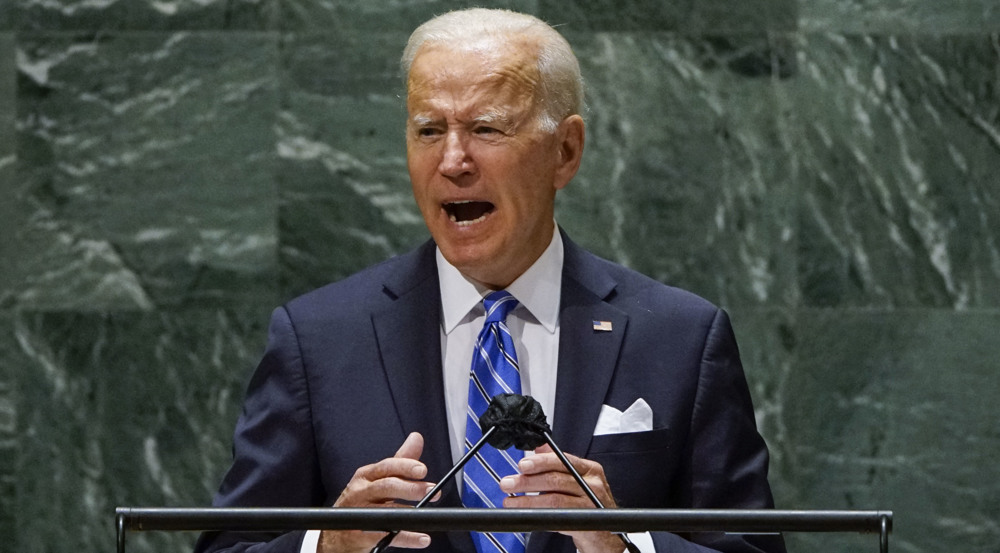
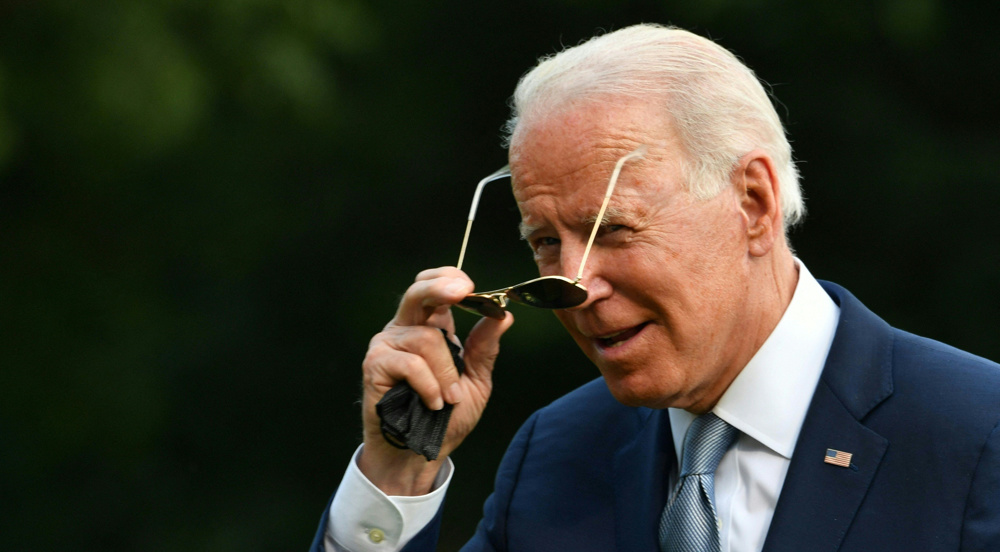
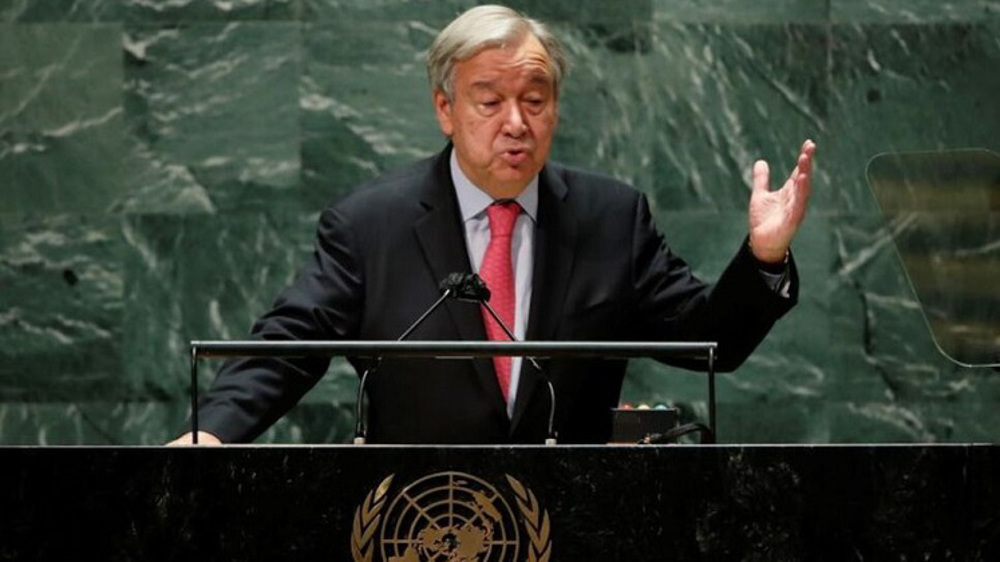
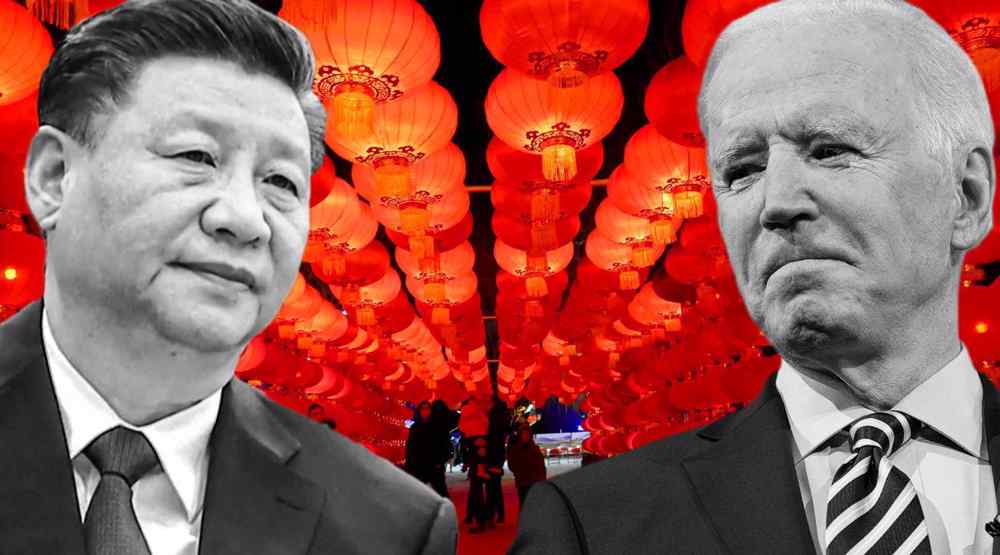
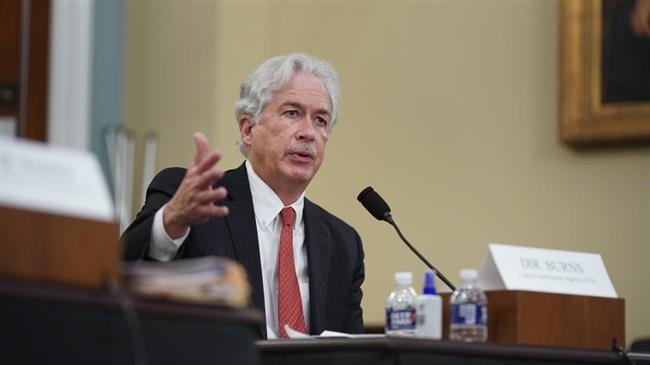
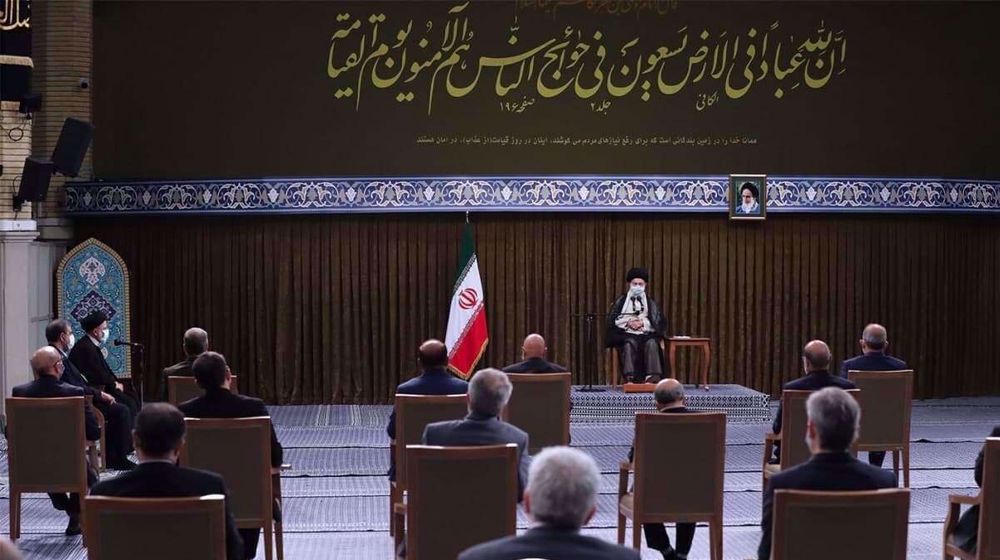
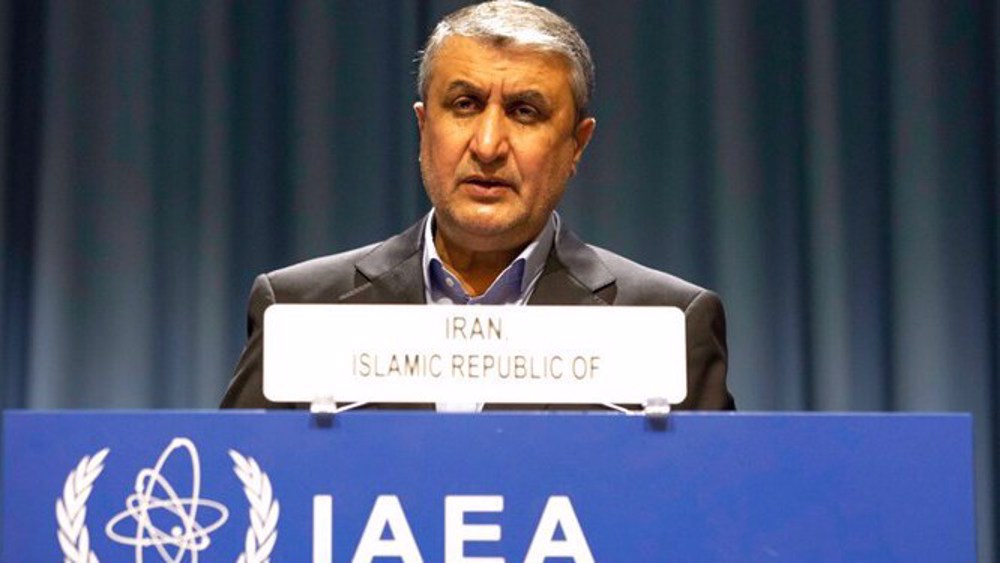
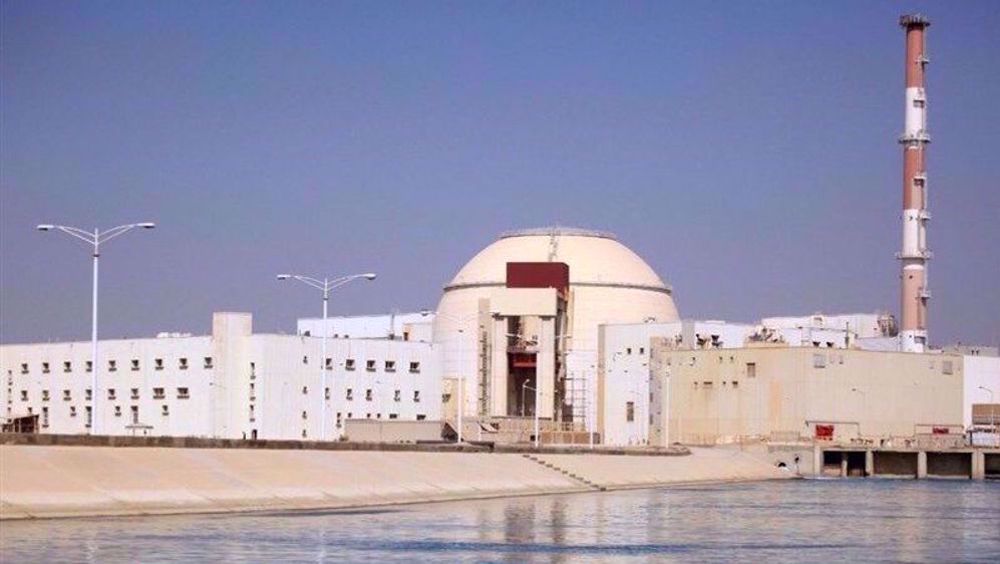

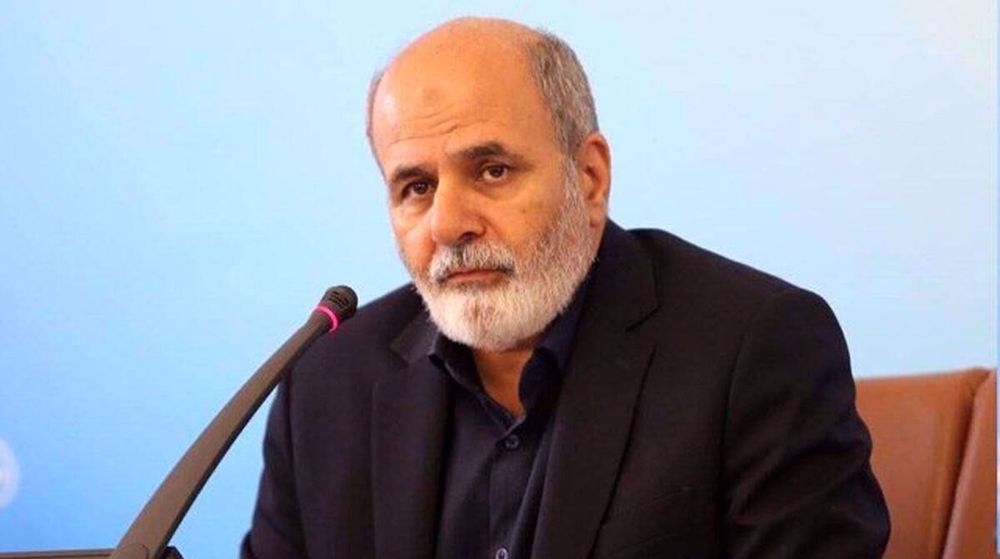




 This makes it easy to access the Press TV website
This makes it easy to access the Press TV website